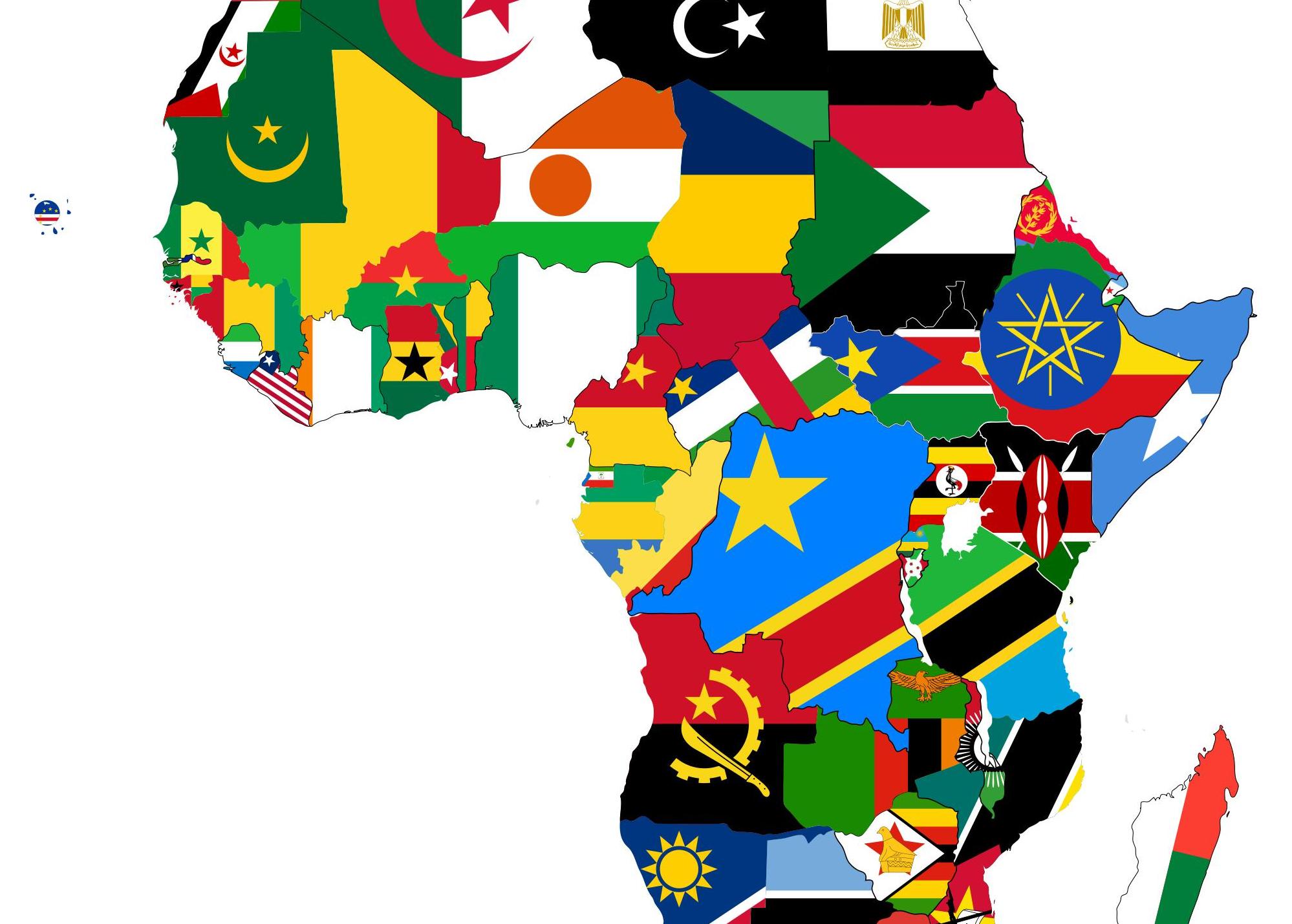An English Scholar, Walter Rodney opined in his book titled “How Europe Under-develops Africa” that the third world continent of Africa is presently wallowing in the euphoria of poverty, hunger, starvation and under-development mainly because the European Nations that colonized them are presently neo-colonizing them.
Rodney argued that the independent granted African countries were ingénue as the colonial masters have refused to vacate the third world countries. He posited that Europeans nations are currently ruling Africa through political, economic and cultural dimensions of globalization.
On political dimension, Rodney avows that Europe ensures Africa nations adopted her political and educational system and policies before leaving in the 40’s, 50’s and 70’s. Democratic system of government is now a must in every country of Africa.
Today, European nations are controlling the economy of Africa nations through the aid and grants they are granting Africa for economic development. The fact is the aids are conditional. Third world countries are ordered by the western nations to remove fuel subsidy and liberalize trade as conditions for grating them aid while some are ordered to implement IMF policies to the fullest. Nigeria is a case study.
Culturally, today, the western nations have tactically imposed their ways of life on Africa. The African local attires have been jettisoned for foreign ones. These were mostly imitated by Africans through satellite televisions produced and imported into Africa by Europe. Foreign music now sells more in Africa. Provocative dressings are now the order of the day in Africa. Today, English, French and Spanish languages are what virtually all African and Asian countries speak.
To further illuminate and elucidate my affirmations, i will explain how the third world countries in Asia and Africa are being under-developed by Europe educationally. Today, Africa countries spend a minimum of $10bn dollars per annum sponsoring their citizens to acquire University education in European nations (Akinboye, 2014).
However, I want to say expressly at this juncture that is time for Africa to take the bull by the horn. It is time for third world countries to disengage from their tie with Europe. The United States of America, upon getting her independent in 1776, jettisoned everything Britain, her colonial master was using. America formulated her own political system of government, had a different system of education and adopted a totally different economic policy. More also, American English is different from British English.
Nonetheless, the story that touches me most is that of India. India, an Asian country got her independent on 1945 from Britain. While the Great Britain felt that they were being very generous to the Indian people in colonizing and modernizing the nation, the Indians did not always agree with this. Under British rule, many new roads, railways and harbors were built, and a telegraph system was created.
The people of India, despite what Great Britain did to bring civilization to their country, disengaged from British systems and formulated their own political, economic and cultural policies. For instance, today, the majority of Indian people speaks Hindi instead of English language, the official language of Britain which countries colonized by Britain in Africa speaks.
Additionally, today, the health care system of India is the 7th best in the world (WHO 2014). British Doctors now consult their Indian counterparts for advice. According to United Nations, currently, India is the 8th largest manufacturer of automobiles in the world.
Also, today, six (6) Indian Universities are among the best 200 in the world. I am saying this in confident because I consult for a number of Indian Universities. According to United Nations Children and Education Fund (UNICEF), India’s Degree Awarding Institutions such as Stratford University, India Campus, IZEE Business School, Mahatma Gandhi University and University of Bangalore are among the best fifty (50) Universities in the world in terms of Engineering, Medical and Management Sciences courses.
Aforementioned private India universities offer B.sc Information Technology, BBA, B.Tech Aeronautical Engineering, B.Tech Electrical Engineering, B.Tech Mechanical Engineering, B.Tech Computer Science/Engineering at degree with a fee as low as #180,000 per session while their counterpart in Nigeria charged as high as #800,000 per session.
In terms of affordability, Indian Universities are the fourth (4th) cheapest in the world. Take for instance, Medicine and Surgery costs just $3,000 per session in the University Of Bangalore and Sikkim Manipal University whereas, same course costs N1.3million ($7,000) per term at Babcock University, Ilisan, Ogun State, Nigeria, West Africa. University of bangalore and Sikkim Manipal University are among the best 800 in the World .
I used the educational system in India to illustrate my affirmations so as to encourage African Countries to tactically disengage from their slavery ties with the developed countries in Europe. India got her Independent in 1947 while Liberia, West Africa got her independent in 1857, yet, Liberia is ranked as the 16th poorest country in the world by the United Nations while India has the 14 best GDP in the world.
Let me conclude this piece by saying that empirically, it was discovered that India moved from a periphery country to a semi-core country because she disengaged from using anything produced and invented by Europe. Today, the automobiles, electronics, building materials, mobile phones, medical facilities etc being used in India are produced and invented in India. The education system of India was not a carbon-copy of any country; it was designed by Indians by taking into cognizance of the ecology of the country.
May God grant Africa, my own continent the wisdom to think in right direction, amen!
‘Deji Oyinloye, B.sc IT-India, M.sc IT-India is the Chief Executive Director of CIT Global Consult, Ibadan, Oyo State.



Leave a Reply